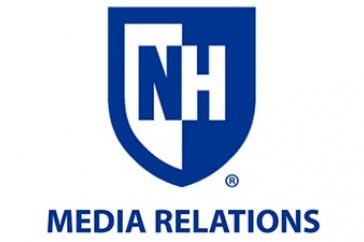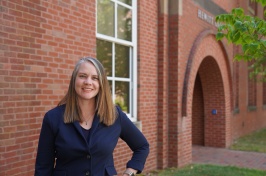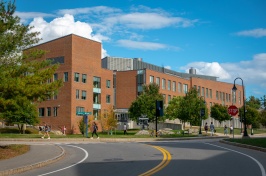UNH Research Finds Voting Patterns Not Divided by Rural Vs. Urban

DURHAM, N.H.—Despite political commentary that says otherwise, the nation is not divided into two partisan zones—rural and urban—when it comes to voting patterns, according to new analysis released by the Carsey School of Public Policy at the University of New Hampshire.
“Political analysts emphasize the differences in party affiliation and social attitudes between Republican socially conservative rural America and Democratic liberal urban American, but our analysis of the 2018 congressional election demonstrated that voting patterns and political attitudes vary across the U.S.,” said the researchers. “Rural America is not a monolith, nor is urban America. The rural-urban gradient is better represented by a continuum than a dichotomy.”
The researchers also noted that the continuum is not just political but also reflects social attitudes.
“We found voters at the furthest rural end of the continuum express social and political attitudes far different from their counterparts in the largest urban cores, with suburban residents and those in rural counties with large towns falling in between,” they said. “A major point of discontinuity along the continuum is evident in the suburban counties of smaller metropolitan areas. Residents in these areas tend to vote more like their rural counterparts and share their social and political attitudes.”
The research, conducted by Kenneth Johnson, professor of sociology and senior demographer at the Carsey School, and Dante Scala, Carsey fellow and professor of political science, also revealed that Democratic support increased across the entire rural-urban continuum in 2018.
The Carsey School of Public Policy is nationally recognized for research, policy education and bringing people together for thoughtful dialogue to address important societal challenges. The school develops and facilitates innovative, responsive and equitable solutions at all levels of government and in the for-profit and nonprofit sectors.
The University of New Hampshire inspires innovation and transforms lives in our state, nation and world. More than 16,000 students from all 50 states and 71 countries engage with an award-winning faculty in top-ranked programs in business, engineering, law, health and human services, liberal arts and the sciences across more than 200 programs of study. As one of the nation’s highest-performing research universities, UNH partners with NASA, NOAA, NSF and NIH, and receives more than $110 million in competitive external funding every year to further explore and define the frontiers of land, sea and space.
Latest News
-
September 15, 2025
-
August 21, 2025
-
August 12, 2025
-
August 5, 2025
-
June 25, 2025














































